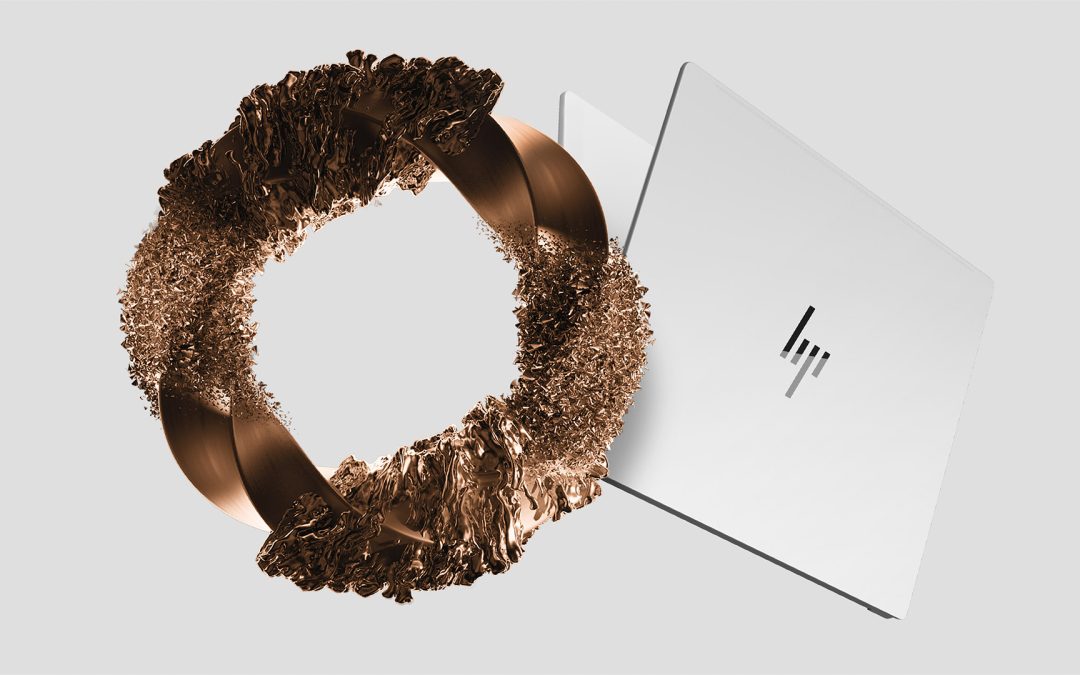
B.K. Sharma and Sriraam Chandrasekaran of the ISTC. (Credit: L. Brian Stauffer via phys.org)
A recent development may help solve the recycling industry’s problem with mixed polymer blend plastics.
A new study led by scientists at the Illinois Sustainability Technology Centre has suggested that mixed-plastic e-waste could prove a valuable source of reusable polymers, after it developed an energy-efficient and eco-friendly method of separating mixed polymers for recycling, reports phys.org.
The recycling industry is having to face up to the increased burden of e-waste; whilst many parts of e-waste, such as glass and metals, are commonly recyclable, the remaining plastics pose a greater challenge, owing to their mixed-polymer composition.
B.K. Sharma, a researcher at the ISTC and co-author of the study, explained: “Items like water bottles and milk jugs can be recycled easily because they are made from single polymers. Other plastic items, like cellphone cases, for example, are made of more complex polymer blends. They pile up at recycling centres and eventually end up being incinerated or sent to landfills because there are no safe or efficient means of recycling them.”
The team therefore developed a non-toxic, non-destructive, energy-efficient chemical solvent process, which allowed them to deconstruct these complex blends and recover polymers from them. It differs from current methods by not relying on the chemical DCM, which has the potential to release carcinogenic vapours into the atmosphere at near-room-temperature conditions, contaminating workspaces and possibly more. The ISTC team used a solvent called NMP, which only releases vapours at heats of 180 degrees Celsius, considerably above the temperature required for it to be useful in dissolving the polymers.
“The process used to dissolve industrial polymers is not all that different than making hard candies,” explained co-author and ISTC research engineer Sriraam Chandrasekaran. “With candy, you dissolve sugar grains in water, allow the liquid to become saturated with sugar, evaporate the water and recover the polymer, which in this case is the candy. In our lab, we use plastic polymers instead of sugar and the solvent we use is stronger than water.”
To further boost the new method’s sustainability and efficiency, the evaporated solvent can be condensed for multiple reuse. The process also leaves behind residual polymer waste, which the researchers believe can be converted into usable fuel oil, thanks to a thermochemical process called pyrolysis, which serves to save even more plastic from landfill, although Chandrasekaran said that “ideally, we would like to chop that step off and have the solvent process end in a complete recycle.”
“The objective of studies like these is not only to find ways to recycle this abundant mixed-plastic waste, but to do so efficiently in an environmentally benign way,” Sharma added.
The team has demonstrated the process successfully at lab scale, and it will now seek to run the recycled polymers through a manufacturing process to test for quality.
“If successful,” said Sharma, “we can then begin a pilot-scale project.”
The team’s results are published in the journal ACS Sustainable Chemistry & Engineering.




















